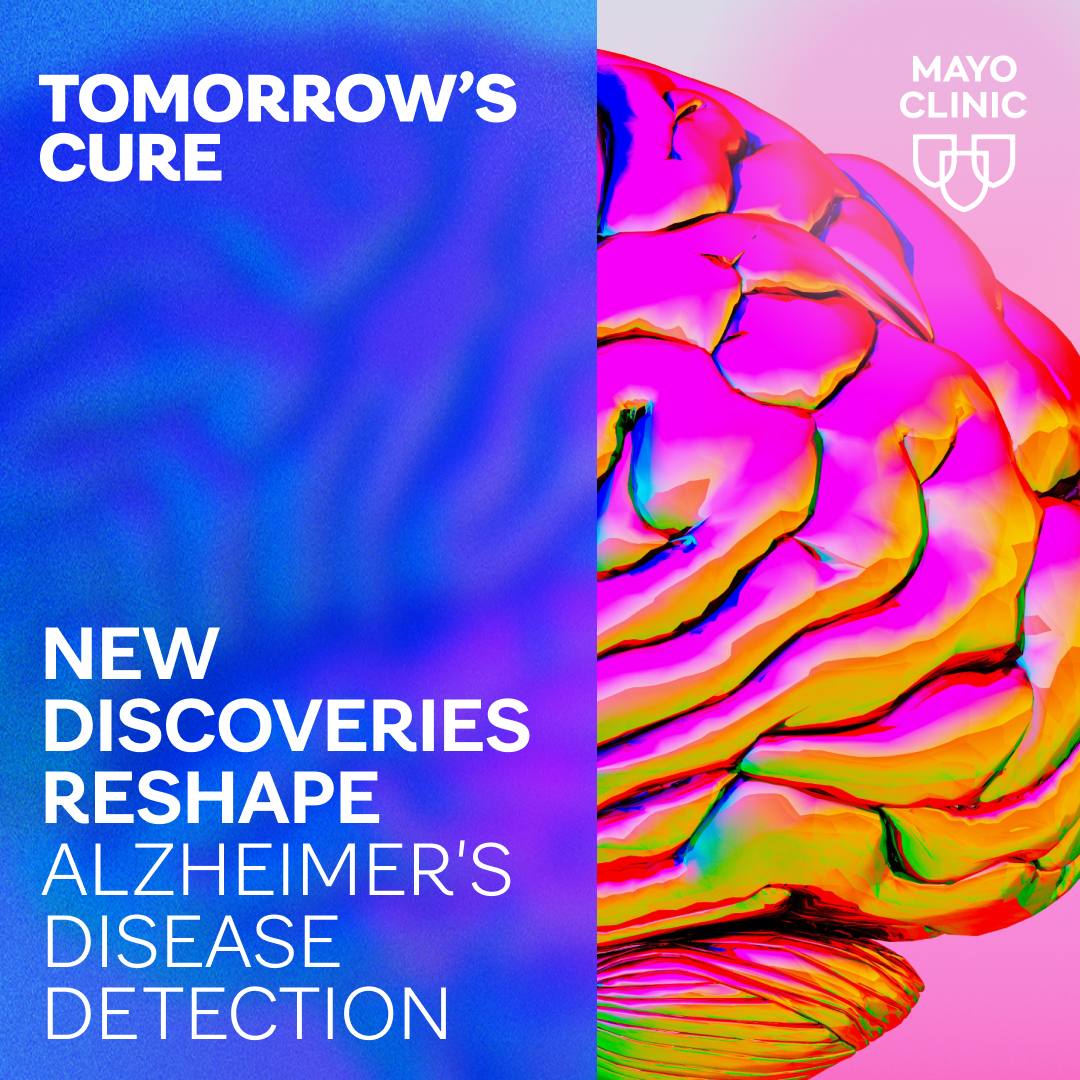-
Ask the Mayo Mom: Navigating a new epilepsy diagnosis

Epilepsy is a neurologic central nervous system disorder in which brain activity becomes abnormal, causing seizures or periods of unusual behavior, sensations and sometimes loss of awareness.
Seizure symptoms can vary widely. Some people with epilepsy simply stare blankly for a few seconds during a seizure, while others repeatedly twitch their arms or legs. Having a single seizure doesn't mean you have epilepsy. At least two seizures without a known trigger (unprovoked seizures) that happen at least 24 hours apart are generally required for an epilepsy diagnosis.
Anyone can develop epilepsy. Epilepsy affects both males and females of all races, ethnic backgrounds and ages. When a child is diagnosed with epilepsy, families may need support to adjust to this new diagnosis. Parents and schools can partner with the medical team to help.
"One of the things that's really important for families to remember is they are not fighting this battle on your own," explains Dr. Elaine Wirrell, a pediatric neurologist and chair of Child and Adolescent Neurology at Mayo Clinic Children's Center. "You need to share the diagnosis and inform those who are caring for your child — teachers, daycare, coaches — so they are prepared to help."
Medication is generally the first course of treatment for epilepsy. Finding the right medication or combination of medications, and the optimal dosages, can be complex. Many children with epilepsy who aren't experiencing epilepsy symptoms can eventually discontinue medications and live a seizure-free life.
For some children with drug-resistant epilepsy, surgery is an option. Epilepsy surgery, which is considered when at least two anti-seizure medications have failed to work, removes or alters an area of the brain where seizures originate.
Experts at Mayo Clinic Children's Center also are studying neurostimulation treatments for epilepsy, an alternative treatment for children with severe epilepsy or for those who cannot have surgery. This treatment applies electricity to the central nervous system with the goal of reducing seizure frequency and severity.
On this Ask the Mayo Mom edition of the Mayo Clinic Q&A podcast, host Dr. Angela Mattke is joined by Dr. Wirrell for a discussion on epilepsy in children.
Related articles:
- "Consumer Health: Treating children with epilepsy."
- "Mayo Clinic Q&A podcast: Epilepsy Awareness Month."
For more information and all your COVID-19 coverage, go to the Mayo Clinic News Network and mayoclinic.org.







